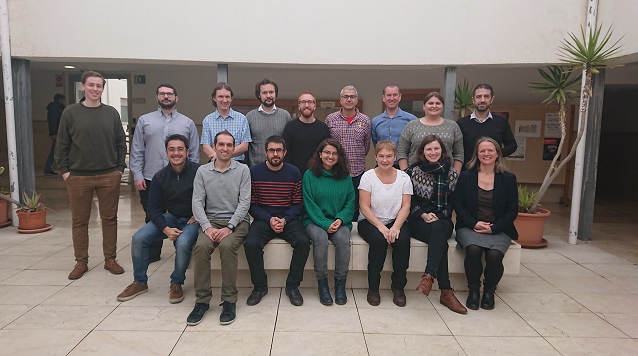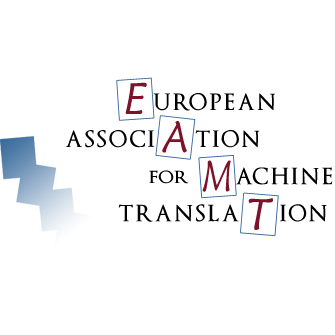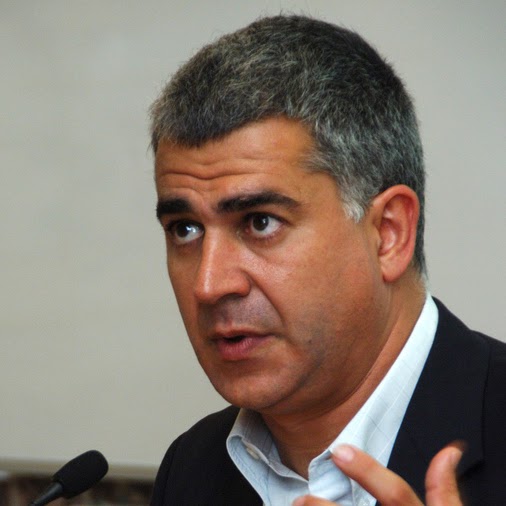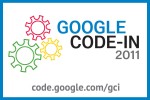The Apertium project, a free/open-source rule-based machine translation platform in which the Transducens group has been strongly involved since its inception, is, for the fourth year in a row, one of the 10 free/open-source organizations selected by Google for the Google Code-In.
Google Code-In is a contest to introduce pre-university students (aged 13 to 17) to free/open-source software development. Students from all around the world can participate by tackling small tasks, which may include code writing, debugging, documentation, production of training material, etc. For each three tasks, students get a Google Code-In T-shirt. Each participating organization will select two winners of the Grand Prize: a trip to the Google headquarters for the students and a parent or tutor.
The Apertium project has proposed a wide variety of tasks, including the creation of documentation to help users and developers, the development of dictionaries and rules for new or existing languages, the development of programs to transform other existing free/open-source resources into Apertium format, the creation of extensions to ease the use of Apertium from third-party software, etc. There are also debugging and quality assessment tasks, and tasks in which texts are annotated so that they can be used to test and train Apertium modules.
The first students have already come by the Apertium IRC channel (#apertium at irc.freenode.net) to ask about the different tasks, even if the contest does not officially start until November 16, and mentors (approximately 20 for Apertium this year) have already started to guide them.
If you are a pre-university student interested in contributing to the development of our free/open-source machine translation system, come by and participate!






